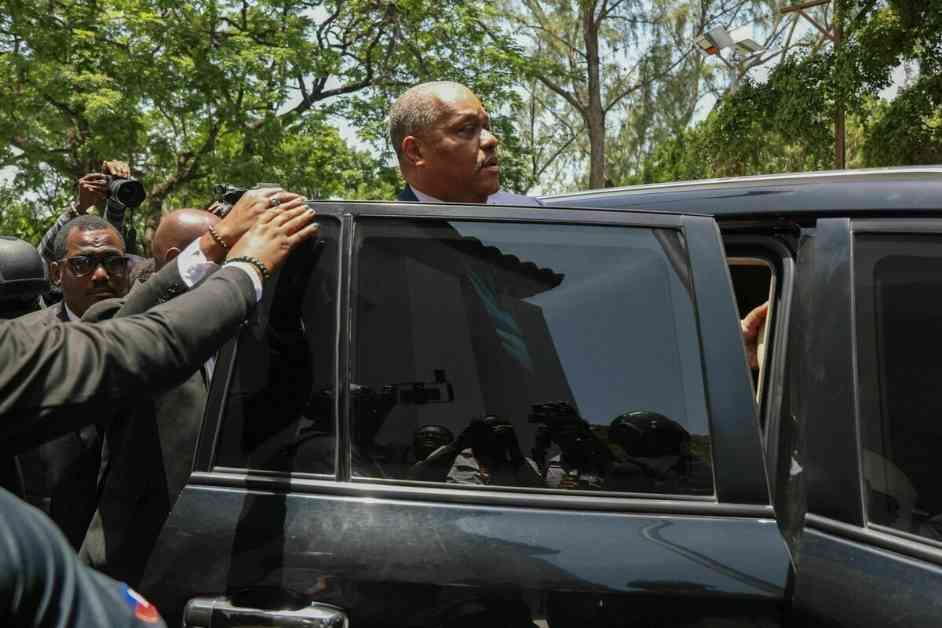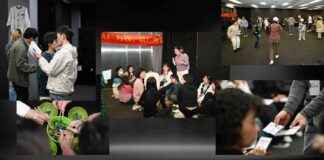The situation in Haiti is escalating as gang violence continues to rise. At the same time, political power struggles within the country are affecting the leadership, leading to the dismissal of Prime Minister Garry Conille.
Conille, who was appointed as Prime Minister in May of this year, was recently removed from office by the Haitian Presidential Council, currently led by Leslie Voltaire of Fanmi Lavalas. The reasoning behind his dismissal was cited as his “conflictive personality.” However, the conflicts leading to his removal seem to revolve more around political egos and power dynamics rather than addressing the real issues facing Haiti.
The newly appointed Prime Minister, Alix Didier Fils-Aimé, is a local entrepreneur who runs a chain of laundromats. According to Pierre Espérance, the director of the Haitian human rights network RNDDH, the political profiles of the leaders seem to be less relevant to the population, who perceive these moves as mere power games.
Meanwhile, the crisis in Haiti continues to worsen, with an additional 10,000 people displaced by gangs in the last four weeks. This adds to the 700,000 internally displaced persons in a country of approximately 11 million, who are now seeking refuge in schools and public spaces in the capital region without hope for return or assistance.
Recent incidents, such as the shooting at a World Food Program helicopter by gangs, highlight the dire situation in the country. The gangs have also expanded their control and influence, leading to increased violence and displacement of communities, with reports of entire families being wiped out in some areas.
The international police mission, which includes 400 Kenyan police officers, has not been successful in de-escalating the situation. The gangs, with their varying interests in drug trafficking and serving as militias for the Haitian elite, continue to wreak havoc and destabilize the region.
Furthermore, neighboring countries like the Dominican Republic are exacerbating the crisis by forcibly deporting Haitians back to their homeland. This aggressive deportation policy could result in an estimated 130,000 people being expelled by the end of the year, adding to the already dire humanitarian situation in Haiti.
As the country grapples with political turmoil, gang violence, and humanitarian crises, the need for international support and intervention becomes increasingly urgent. The people of Haiti continue to suffer amidst a complex web of power struggles and violence, with no clear solution in sight.

















